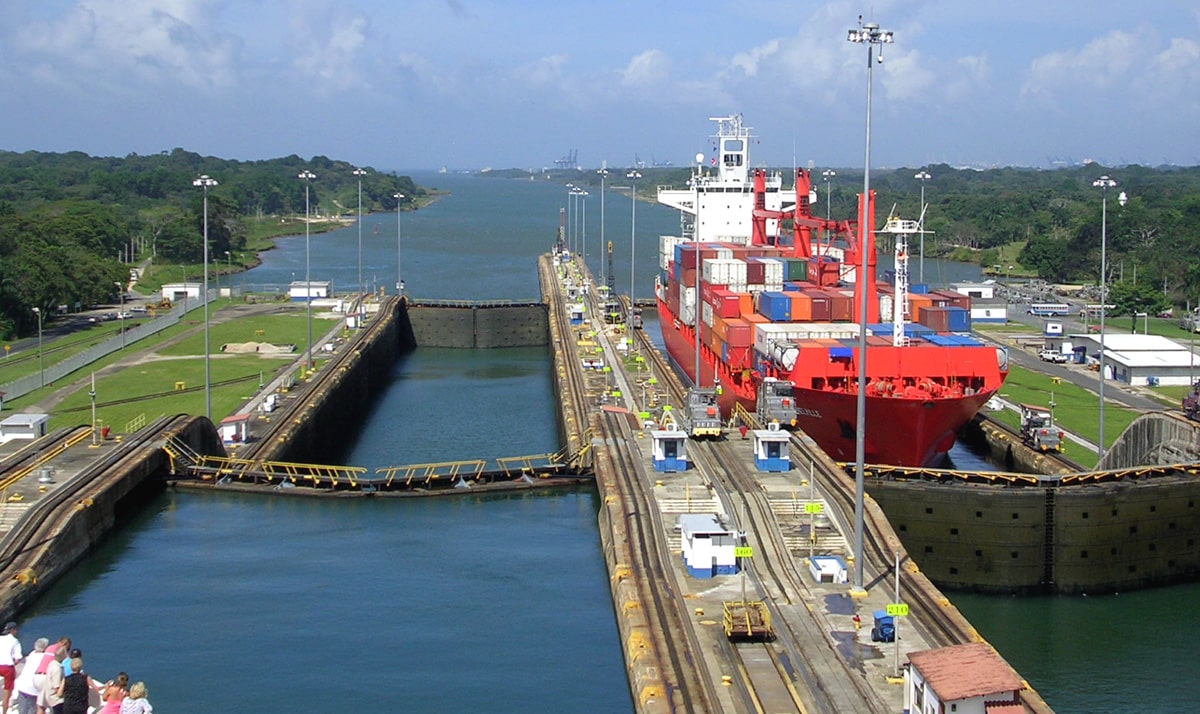
The plight of the Panama Canal, crippled by a severe drought, paints a stark picture of our times where the forces of nature, economics, and human activity collide. Here, in this narrow strip of water, the fragility of our global systems is laid bare. Reduced to 24 daily crossings from 38, the Canal’s woes signify not just a logistical bottleneck, but a deeper, more alarming trend.
This unfolding crisis in Panama is a microcosm of a larger, global narrative. It’s about how climate change, symbolized by the El Niño phenomenon and an unprecedented drought, isn’t a distant threat but a present reality, reshaping our world in real-time. The Canal, a vital conduit of commerce, now operates under the mercy of environmental whims, translating to a projected loss of up to $700 million in 2024, dwarfing the earlier $200 million estimate.
But the story here isn’t just about lost revenue or disrupted supply chains. It’s about the reverberations felt by ordinary people worldwide. From the American consumer awaiting electronics from Asia to the European relying on goods through the Red Sea route – now also compromised by geopolitical strife – the impact is tangible. It’s a reminder of how interconnected our lives are, strung together by these global lifelines.
Moreover, the crisis in Panama is a stark illustration of the imbalance between our exploitation of natural resources and the need for sustainable management. The Canal’s dwindling water reserves not only impede global trade but also threaten the water security of over half of Panama’s population. This dual role of the Canal as a commercial and life-sustaining resource raises critical questions about our priorities and strategies in the face of environmental challenges.
In essence, the situation at the Panama Canal is a microcosm of the global challenge we face. It’s a call for a collective response, one that balances economic aspirations with ecological realities. It’s about recognizing that the sustainability of our planet and the resilience of our global infrastructure are inextricably linked. As this crisis unfolds, it serves as a poignant reminder of the need for global solidarity and innovative solutions in addressing the multifaceted challenges of climate change.



 and then
and then